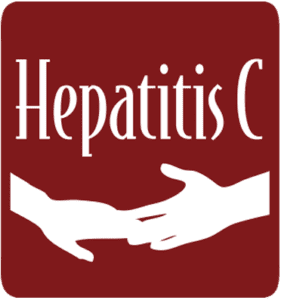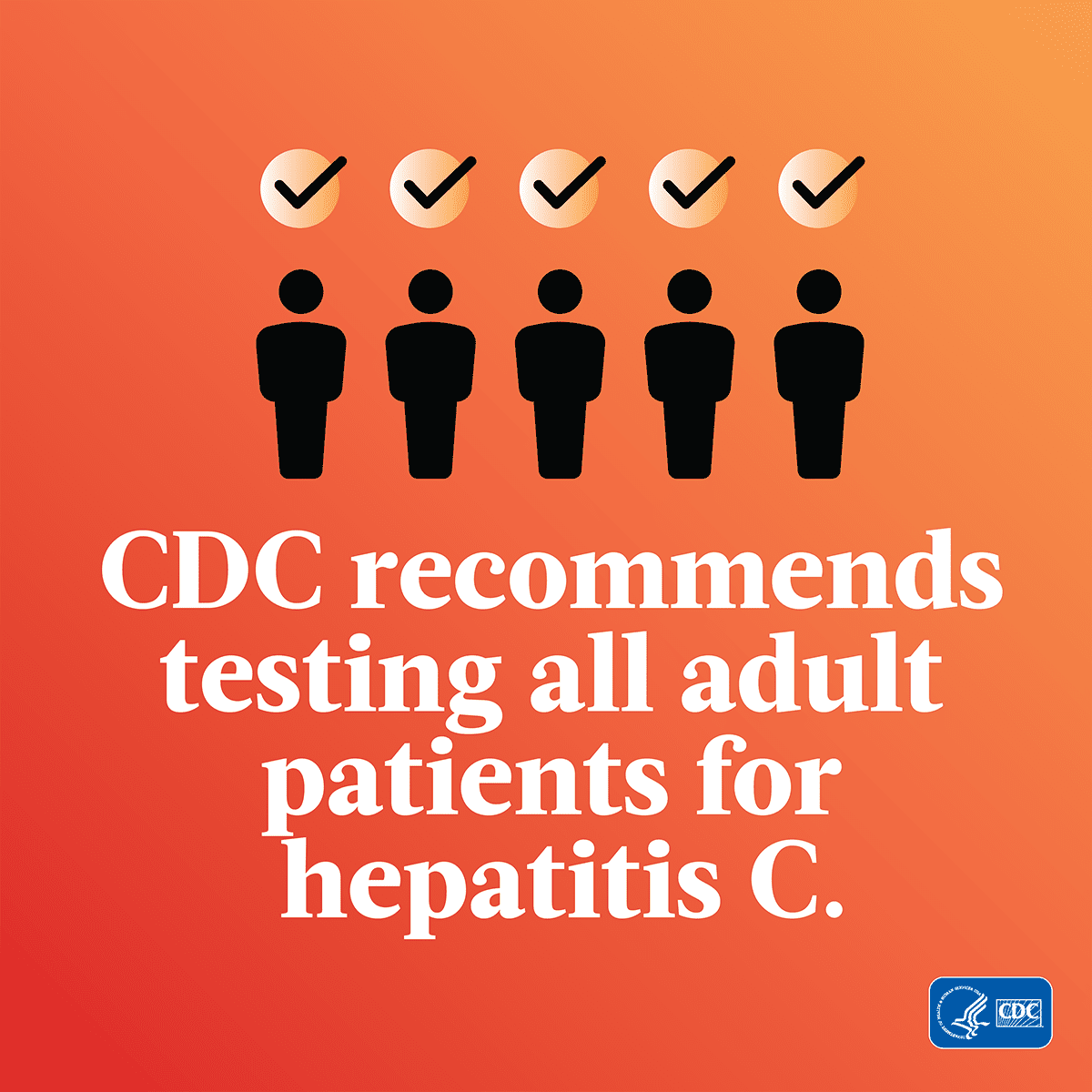Get Tested. Get Cured.
More Resources and Tools
Understanding Hepatitis C Disease
Hepatitis C is also known by hepatitis C virus (HCV). The virus that lives in blood and mainly attacks the liver. Many people do not know that they have HCV because there are few noticeable symptoms. If HCV is left undiagnosed and untreated, it can cause additional diseases like cirrhosis and liver cancer. There are simple, inexpensive diagnostic tests to identify the presence of HCV. Learn more >
Promoting Liver Health
The human body is amazingly resilient. It can recover from devastating trauma and disease. It continues to function with missing or malfunctioning limbs. The body even adapts to the loss of some organs and the severely limited function of others. However, the human body cannot survive for more than 24 hours without a liver. Learn more >
Hepatitis C Therapy
The days of Interferon treatment are over. Medications for hepatitis C today can be as simple as one pill a day for 8 -12 weeks with minial or no side-effects. Caring Ambassadors encourages everyone to explore their option for treatment, make a plan with your health care team, then get rid of the virus! Learn more >
My Choices: A Planner for Healing
MY CHOICES©is a tool to help you recognize and act upon what you can control in your health care journey to achieve optimal healing, regardless of the illness you face. It contains elements of a guide book, health planner, journal, and activity book to help orient you to and plan for the journey ahead. Learn more >
Hepatitis C Story Corner
We raise awareness of hepatitis C by empowering those who are most impacted to share their stories. Through our partnership with StoryCorps, we’ve collected dozens of powerful stories – so sit back and take a listen. Learn more >
Hepatitis C Advocacy
Congress has a historic opportunity to eliminate hepatitis C as the Biden administration unveiled a groundbreaking plan for its elimination in the United States. With this plan as a blueprint, Congress can enact legislation to provide a new point of care diagnostic for hepatitis C, workforce training and education for providers to better test and treat these patients, and a national subscription model that would make sure curative therapies reach those who need them. Learn more >
Oregon Viral Hepatitis Collective
Oregon has one of the highest rates of chronic HCV among states in the US and has reported significant associated mortality. Since 2000, HCV-related mortality rates in Oregon have nearly tripled and have consistently been higher than the national average. The Oregon Viral Hepatitis Collective was formed 6 years ago to respond to this public health crisis in Oregon. The Collective includes members of the Oregon Health Authority, healthcare providers, community members, people with lived experience, and other stakeholders, who are interested in addressing viral hepatitis prevention, testing, and care. Our 2023 Annual Meeting highlights the programs and efforts to eliminate hepatitis C in Oregon. Learn more >
Hepatitis C Weekly News
Weekly news updates are up-to-date information on what has been covered in the news regarding hepatitis C, and complementary health & wellness in the previous week. Learn more >
Hepatitis C Resources and Links
Find patient assistance programs, Government resources, State Medicaid programs, and more. Learn more >




